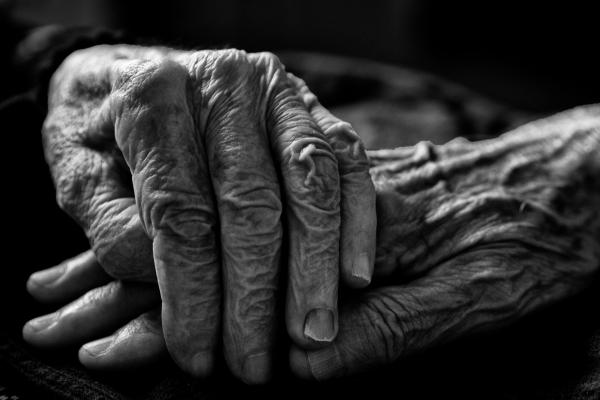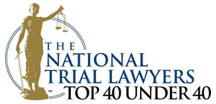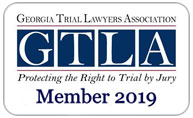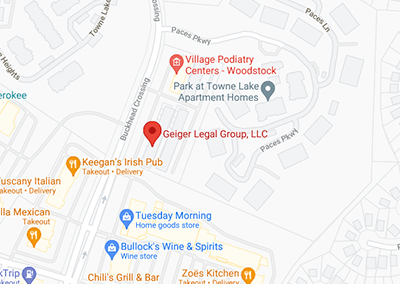
Many of us entrust nursing homes in Georgia to care for our parents, grandparents, spouses, or other loved ones. Unfortunately, not all nursing homes and long-term care facilities provide the quality of care and respect our loved ones deserve. Elder abuse and neglect in nursing homes are prevalent and endanger the lives of those most vulnerable and unable to protect themselves.
If you suspect that your loved one is a victim of nursing home abuse, get them to a safe place for medical treatment and support. Then, contact a dedicated nursing home abuse lawyer in Alpharetta.
At Geiger Legal Group, LLC, we help Georgia families pursue justice and compensation for nursing home abuse. We can help you report the abuse to the authorities and get your loved one medical treatment for the injuries or illness caused by the abuse or neglect. Contact Geiger Legal Group, LLC today for a free consultation with a nursing home abuse lawyer in Alpharetta.
What Is Elder Abuse?
Elder abuse refers to any intentional act or failure to act that results in harm, risk of injury, or distress to an older person. According to the National Center on Elder Abuse (NCEA), one in 10 older adults, or 10 percent, in a community like a nursing home experience some type of abuse in a given year.
Furthermore, according to some studies, nursing home abuse increased during the COVID-19 pandemic. According to a study published in the American Journal of Geriatric Psychiatry, one in five nursing home residents in a study sample reported abuse over two weeks when all states issued stay-at-home orders, an increase of nearly 84 percent from pre-pandemic rates.
Spotting Signs of Abuse and Neglect
Nursing home abuse statistics reflect only reported cases of elder abuse. Nursing home abuse and neglect are often unreported because victims are often elderly, frail, in poor health, and afraid of retaliation by the abuser.
However, an observant family member or friend might be able to spot the signs of nursing home abuse and neglect. Recognizing these red flags and reporting potential abuse to the proper authorities is essential:
- Physical signs – Unexplained bruises, cuts, burns, fractures, genital or rectal bleeding, or other injuries, especially if they occur repeatedly or appear in patterns suggestive of restraints or physical abuse
- Emotional and behavioral changes – Sudden changes in behavior, withdrawal from activities or relationships, increased agitation, fearfulness, depression, anxiety, or emotional distress
- Poor personal hygiene – Unkempt appearance, dirty or soiled clothing, unpleasant odors, or unsanitary living conditions
- Malnutrition and dehydration – Weight loss, signs of dehydration, or the presence of malnutrition-related health issues, such as dry skin, brittle hair, or frequent infections
- Medication-related signs – Appearing overmedicated or undermedicated, such as excessive sleepiness, incoherence, or complaining of pain or discomfort
- Financial exploitation – Unexplained or sudden changes in financial status, unauthorized withdrawals, missing personal belongings, or abrupt changes in legal documents, such as wills or powers of attorney
- Social isolation – Restricting or limiting contact with friends, family, or other residents, or an unusual level of secrecy regarding interactions with caregivers















